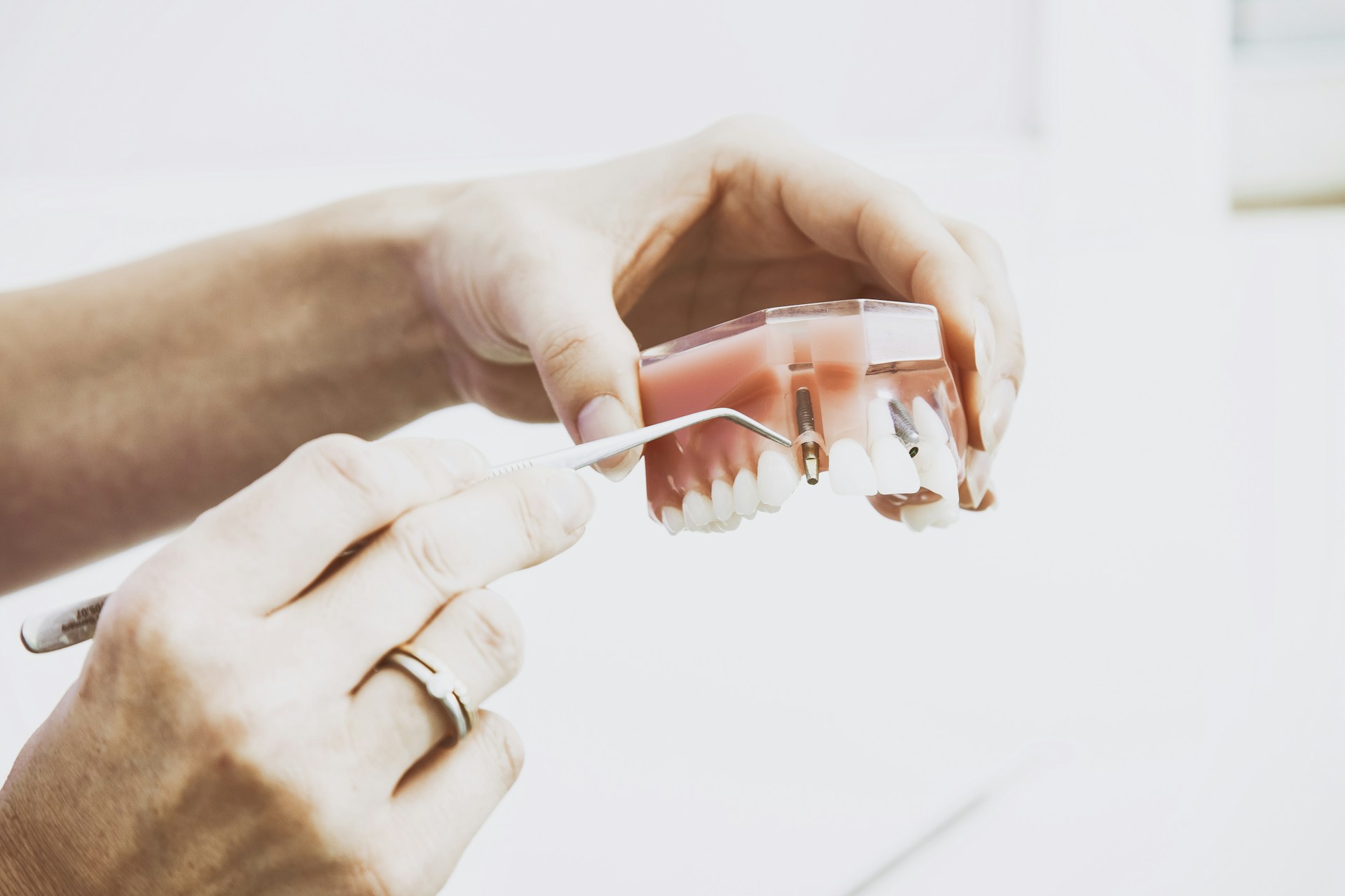Comprehensive Guide to Wisdom Teeth Extraction: What to Expect Before, During & After
Are you preparing for wisdom teeth extraction? Our comprehensive guide covers common symptoms, recovery timeline, and tips to manage discomfort for a smooth experience.
2/20/20243 நிமிடங்கள் வாசிக்கவும்


Getting your wisdom tooth removed is a common dental procedure that many people undergo.
Wisdom teeth, also known as third molars, typically emerge between the ages of 17 and 25.
However, these teeth often cause problems due to their size and position in the mouth, leading to the need for extraction.
If you are scheduled to have your wisdom tooth removed, it is natural to have questions and concerns about the procedure.
In this article, we will provide you with a detailed overview of what to expect during and after the removal of your wisdom tooth.
Preparation
Prior to your wisdom tooth removal, your dentist or oral surgeon will conduct a thorough examination of your mouth and take X-rays to evaluate the position of the tooth and determine the best approach for extraction.
They will also review your medical history and discuss any medications you are currently taking.
On the day of the procedure, it is important to follow any preoperative instructions given by your dentist or oral surgeon.
This may include fasting for a certain period of time before the surgery to ensure an empty stomach, as well as arranging for someone to drive you home afterward, as the effects of anesthesia can impair your ability to drive safely.
RELATED : IMPACTED WISDOM TOOTH
The Procedure
Wisdom tooth extraction is typically performed under local anesthesia, which numbs the area around the tooth.
In some cases, general anesthesia may be used, especially if multiple wisdom teeth are being removed or if the tooth is impacted and requires surgical extraction.
During the procedure, your dentist or oral surgeon will make an incision in the gum tissue to expose the tooth and bone.
If necessary, they may need to remove some bone around the tooth or divide it into smaller pieces for easier extraction.
Once the tooth is removed, the area will be cleaned and stitched if needed.
Gauze will be placed over the extraction site to help control bleeding.
RELATED : TOOTH EXTRACTION
Recovery
After the procedure, you will be given specific postoperative instructions to follow.
It is important to take these instructions seriously to ensure proper healing and minimize the risk of complications.
Here are some common aspects of the recovery process:
Pain and Discomfort
Some pain and discomfort are normal after wisdom tooth removal.
Your dentist or oral surgeon may prescribe pain medication or recommend over-the-counter pain relievers to manage any discomfort.
Applying an ice pack to the outside of your face in the first 24 hours can also help reduce swelling and alleviate pain.
Swelling and Bruising
Swelling and bruising are common after the removal of wisdom teeth.
These symptoms usually peak within the first 48-72 hours and gradually subside.
Applying ice packs and keeping your head elevated while resting can help reduce swelling.
Bleeding
Some bleeding is normal after the extraction.
Your dentist or oral surgeon will provide you with gauze pads to bite down on to control bleeding.
It is important to change the gauze pads as directed and avoid rinsing or spitting forcefully to prevent dislodging the blood clot that forms in the extraction site.
Diet
For the first few days following the procedure, it is recommended to stick to a soft or liquid diet to avoid putting excessive pressure on the extraction site.
This may include foods such as soups, smoothies, yogurt, mashed potatoes, and scrambled eggs.
Avoid using straws, as the suction can dislodge the blood clot and delay healing.
Oral Hygiene
Proper oral hygiene is crucial during the recovery period.
However, it is important to avoid brushing or rinsing the extraction site for the first 24 hours to allow the blood clot to form.
After 24 hours, gently rinse your mouth with warm saltwater to keep the area clean and promote healing.
Avoid using mouthwash containing alcohol, as it can irritate the extraction site.
Activity Restrictions
It is important to rest and avoid strenuous activities for the first few days after the surgery.
Physical exertion can increase bleeding and delay healing.
Avoid smoking and drinking alcohol, as they can also interfere with the healing process.
Possible Complications
While wisdom tooth extraction is generally a safe procedure, there are some potential complications that can arise. These may include:
Dry socket: This occurs when the blood clot in the extraction site becomes dislodged or dissolves, exposing the underlying bone and nerves. It can cause severe pain and delay healing.
Infection: Infection can occur if bacteria enter the extraction site. Symptoms may include increased pain, swelling, and discharge.
Nerve damage: In rare cases, the nerves near the wisdom tooth can be damaged during the extraction, leading to numbness or tingling in the tongue, lips, or chin.
If you experience any unusual or severe symptoms after your wisdom tooth removal, it is important to contact your dentist or oral surgeon for further evaluation and guidance.
Getting your wisdom tooth removed is a common dental procedure that can help alleviate pain and prevent future oral health problems.
By understanding what to expect during and after the procedure, you can better prepare yourself and ensure a smooth recovery.


Contact Smiles
drdeepi15@gmail.com
Have doubts ..?
